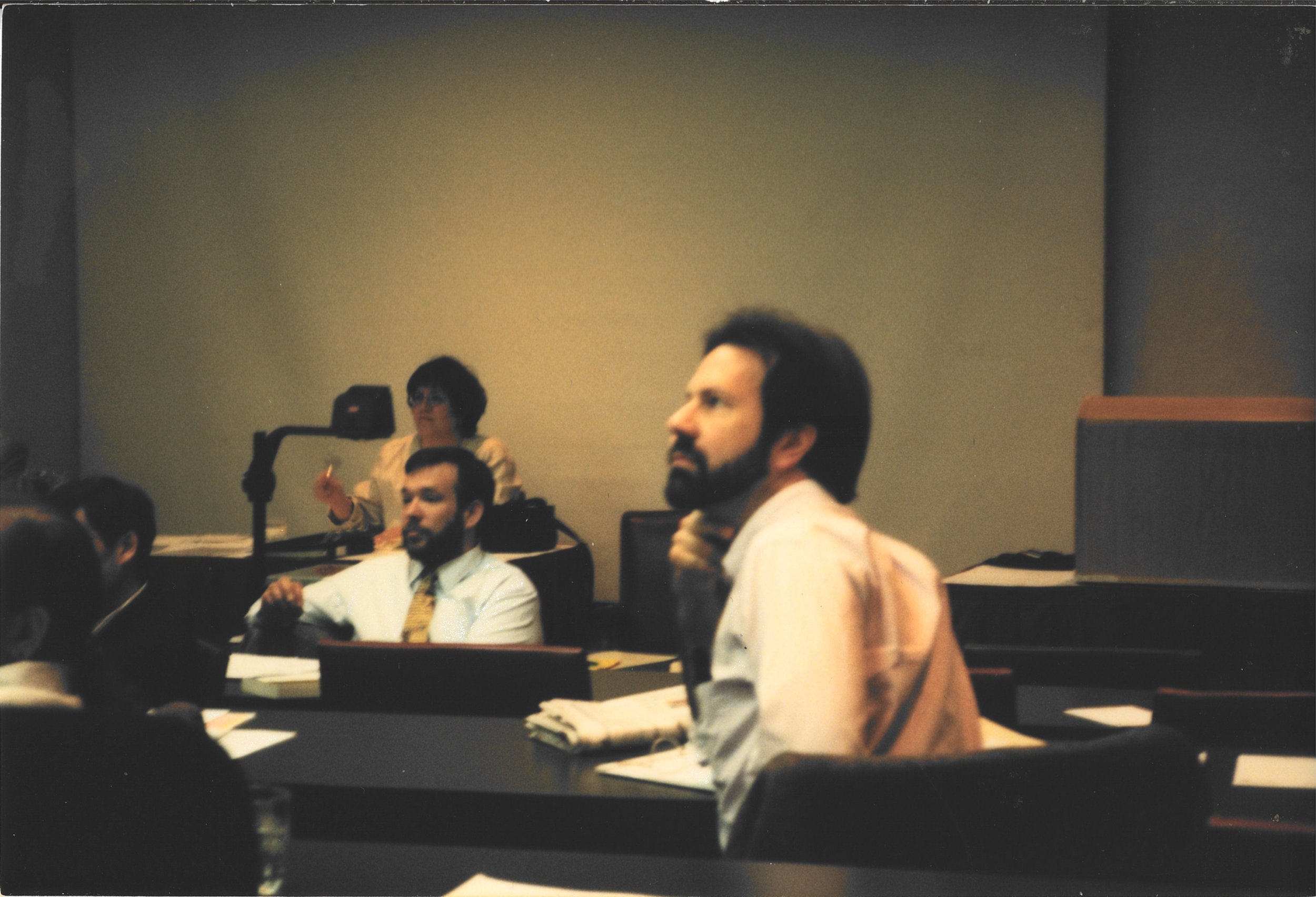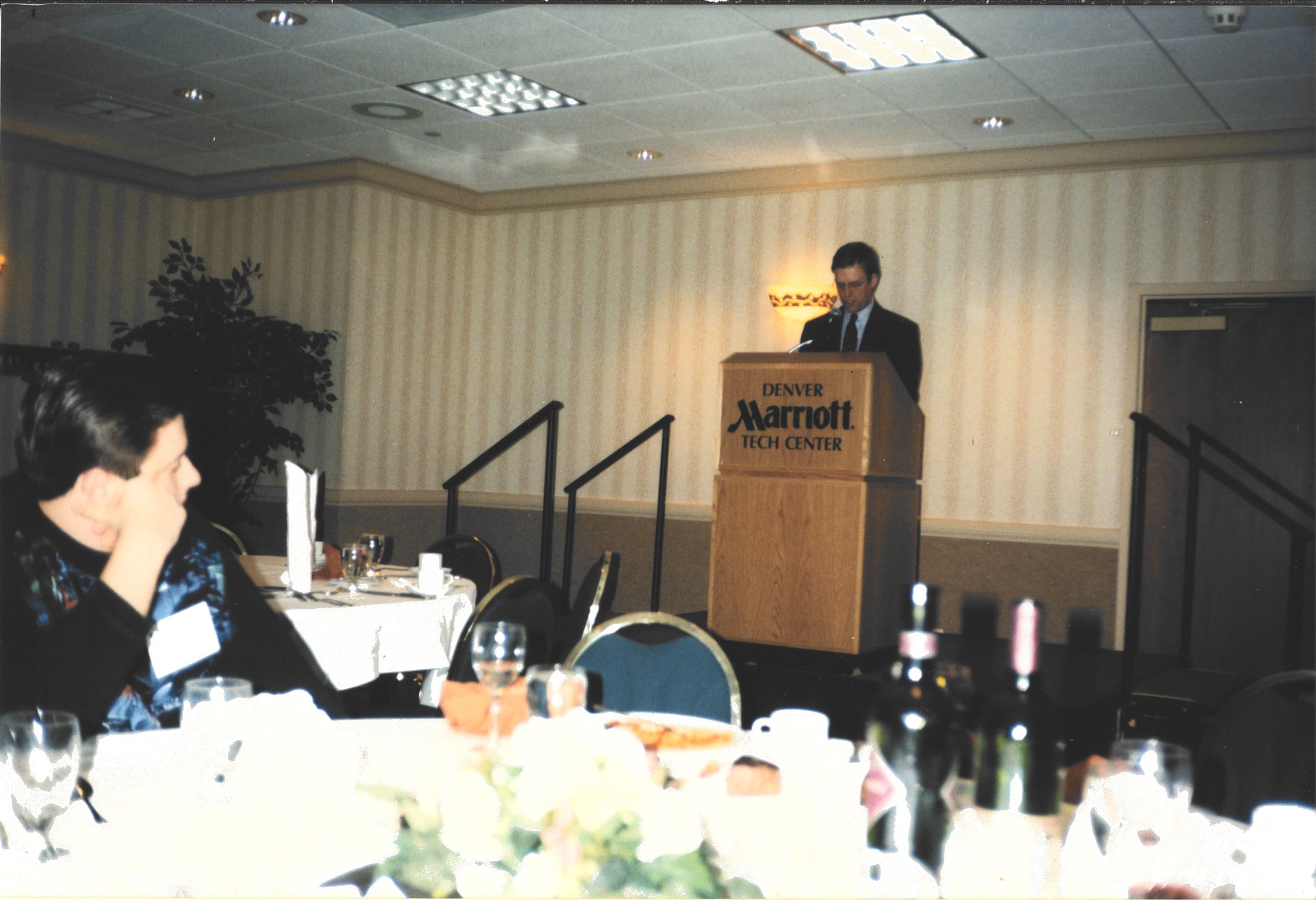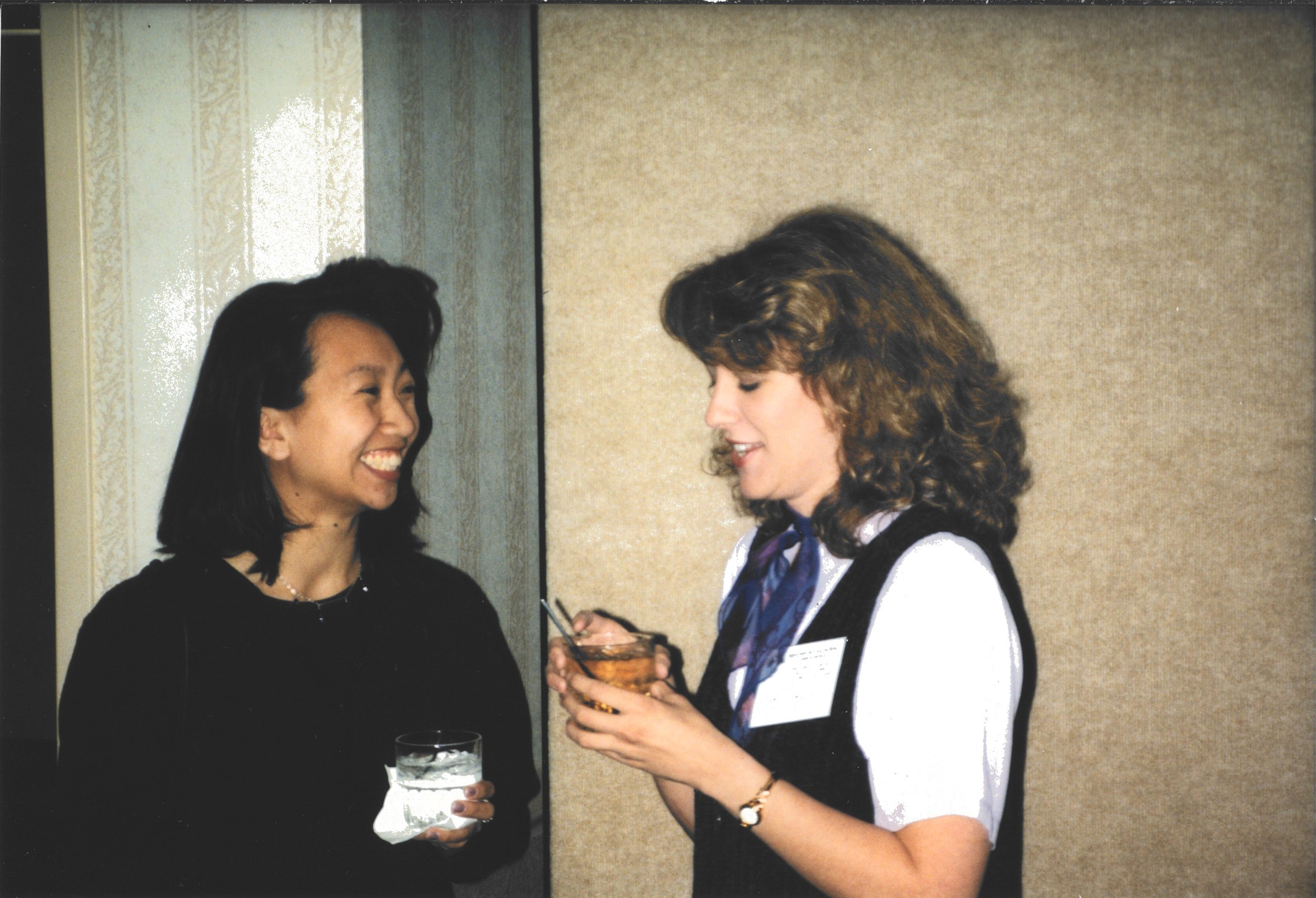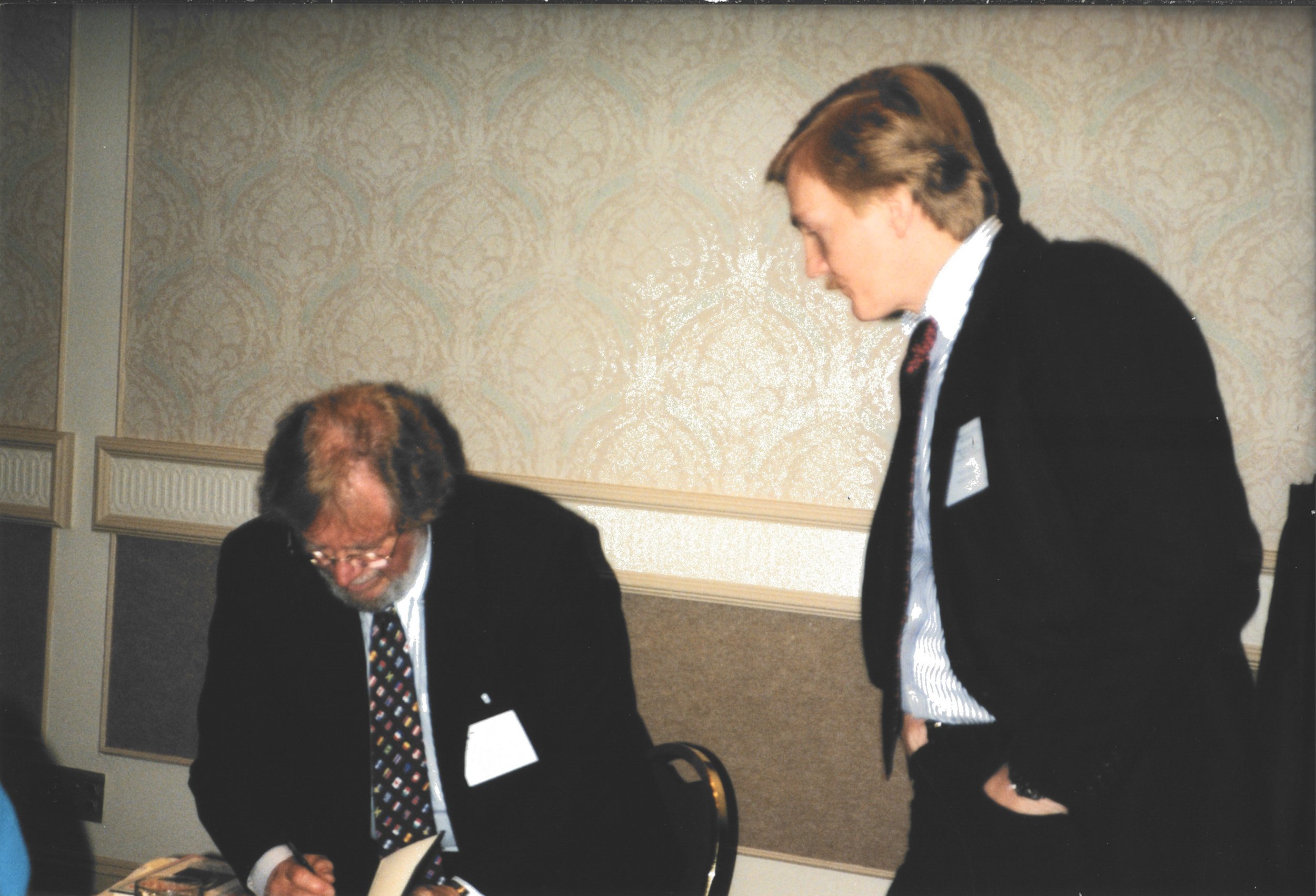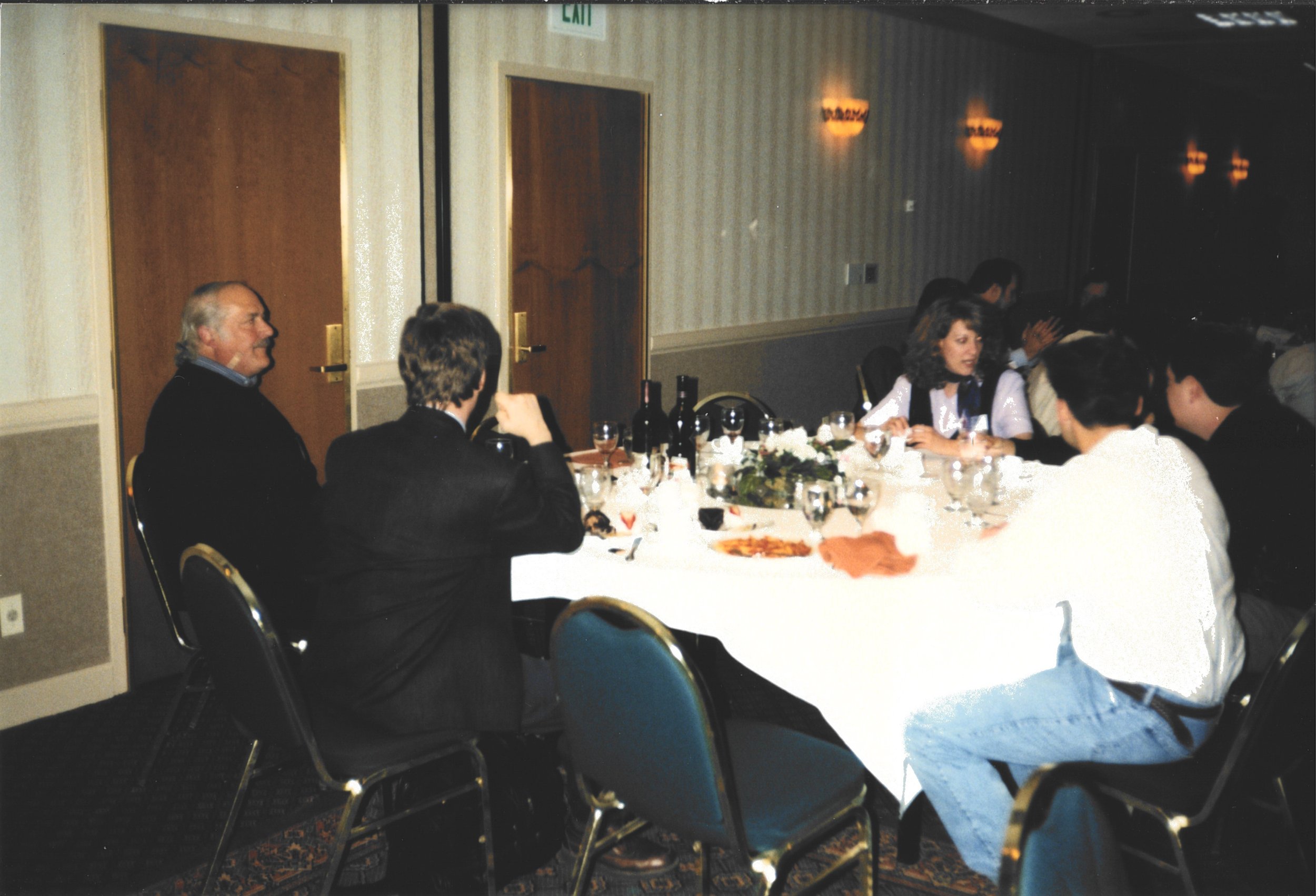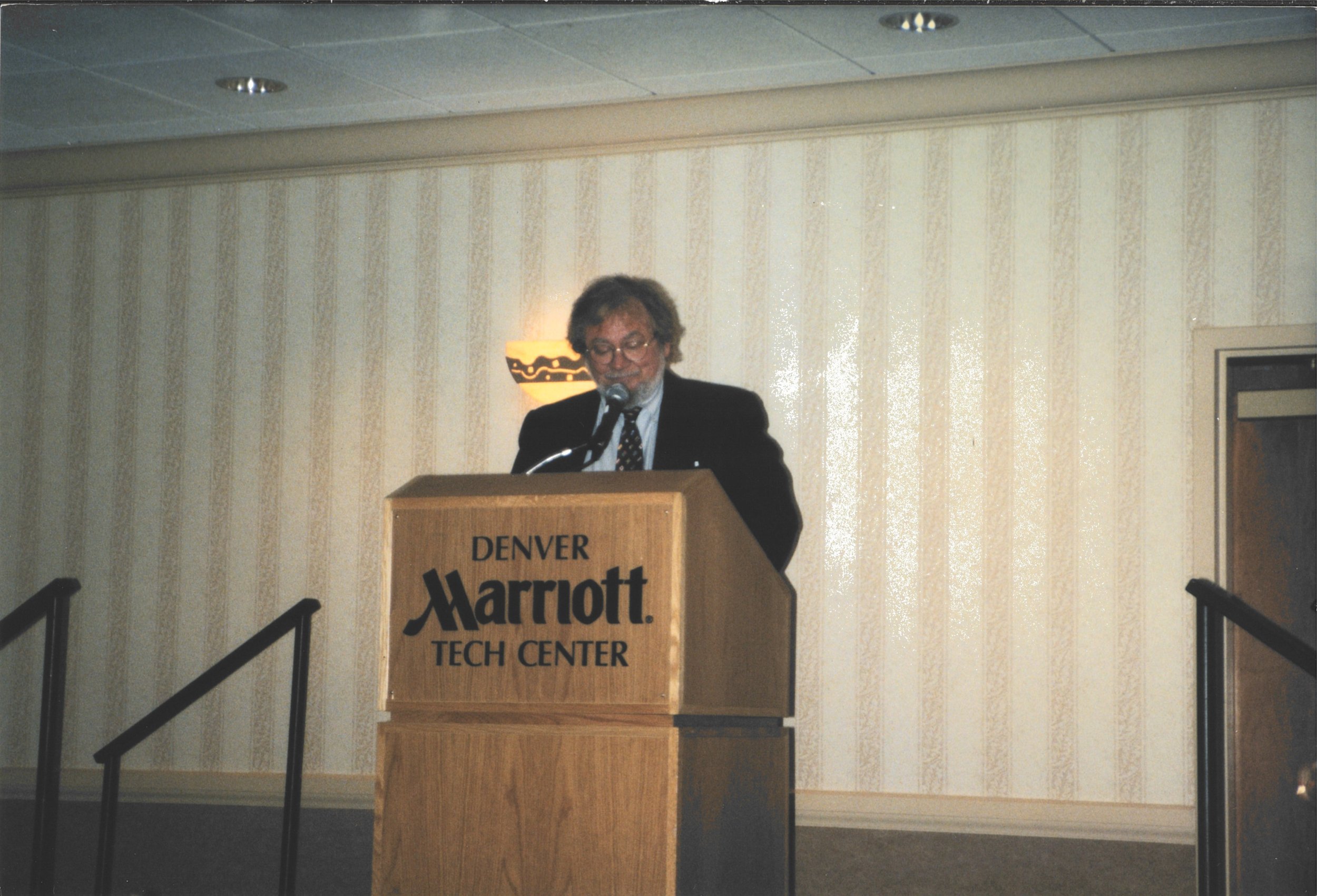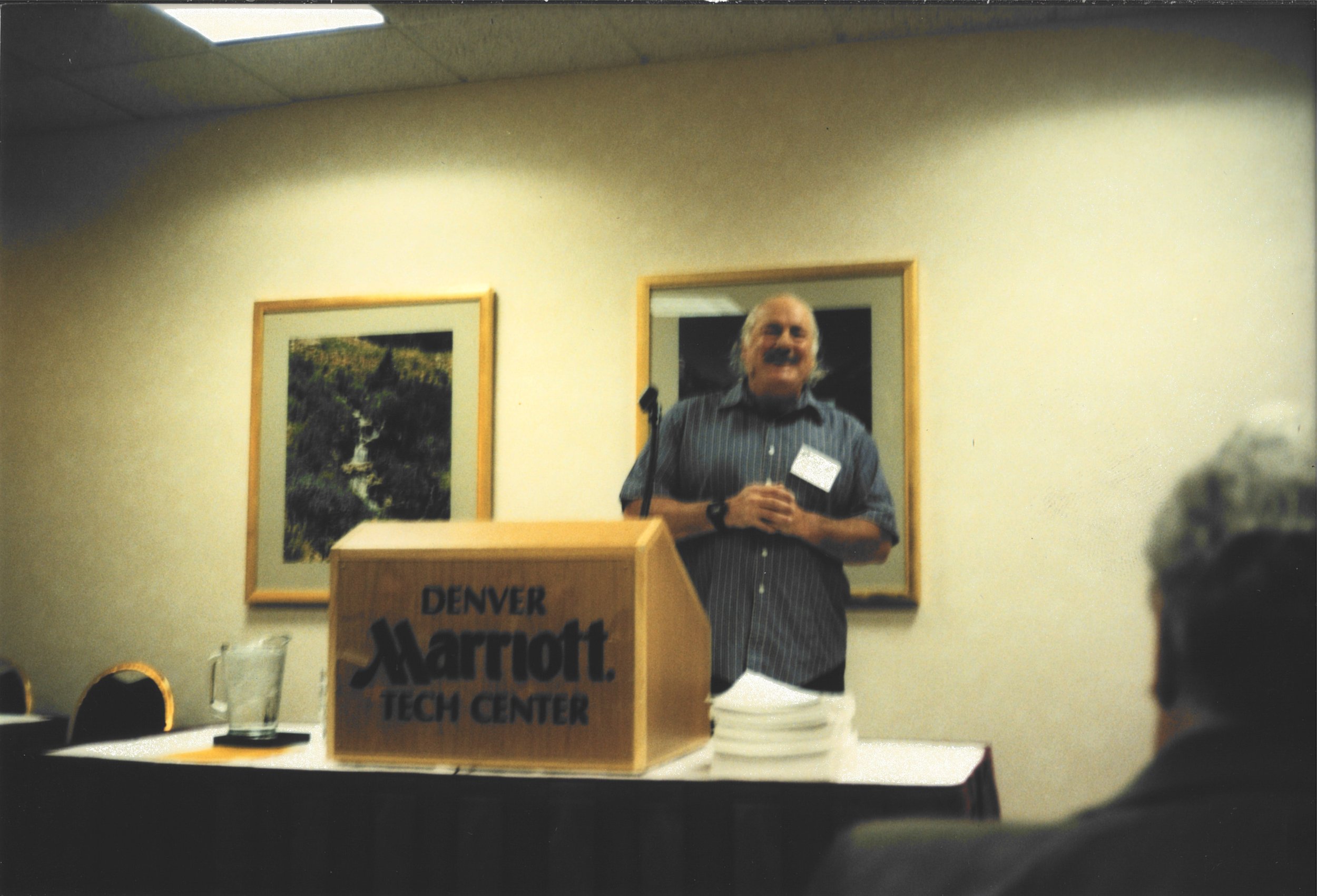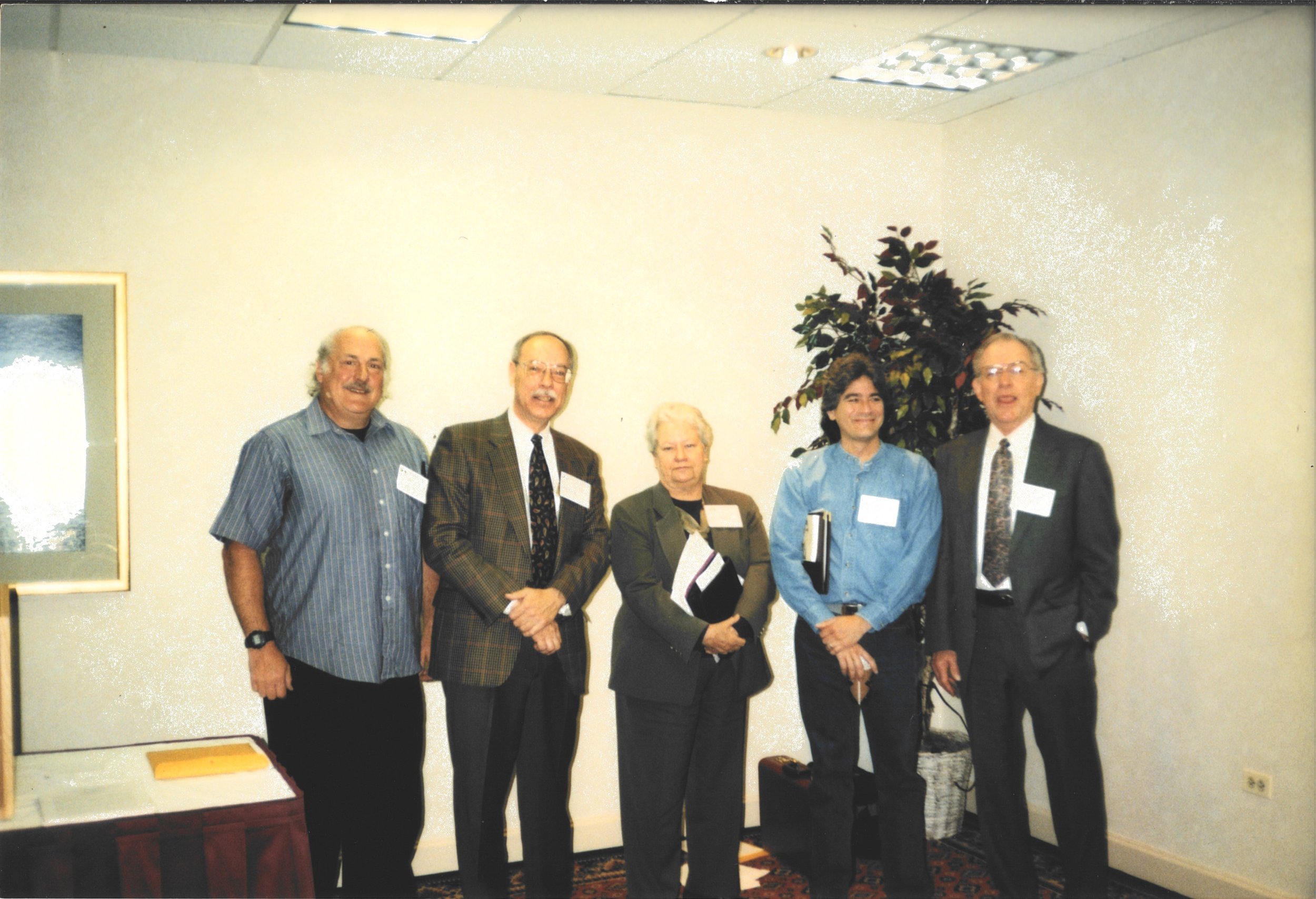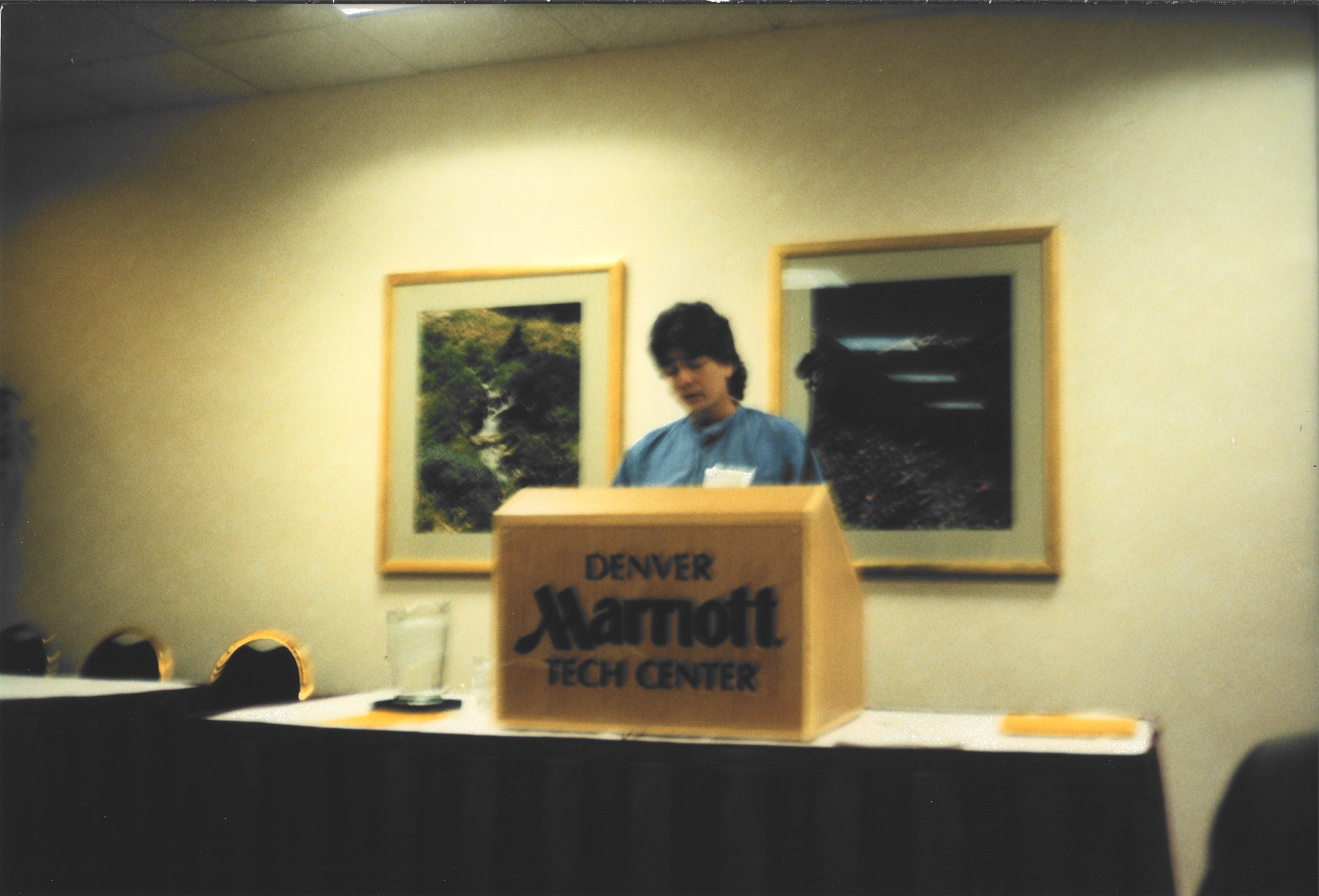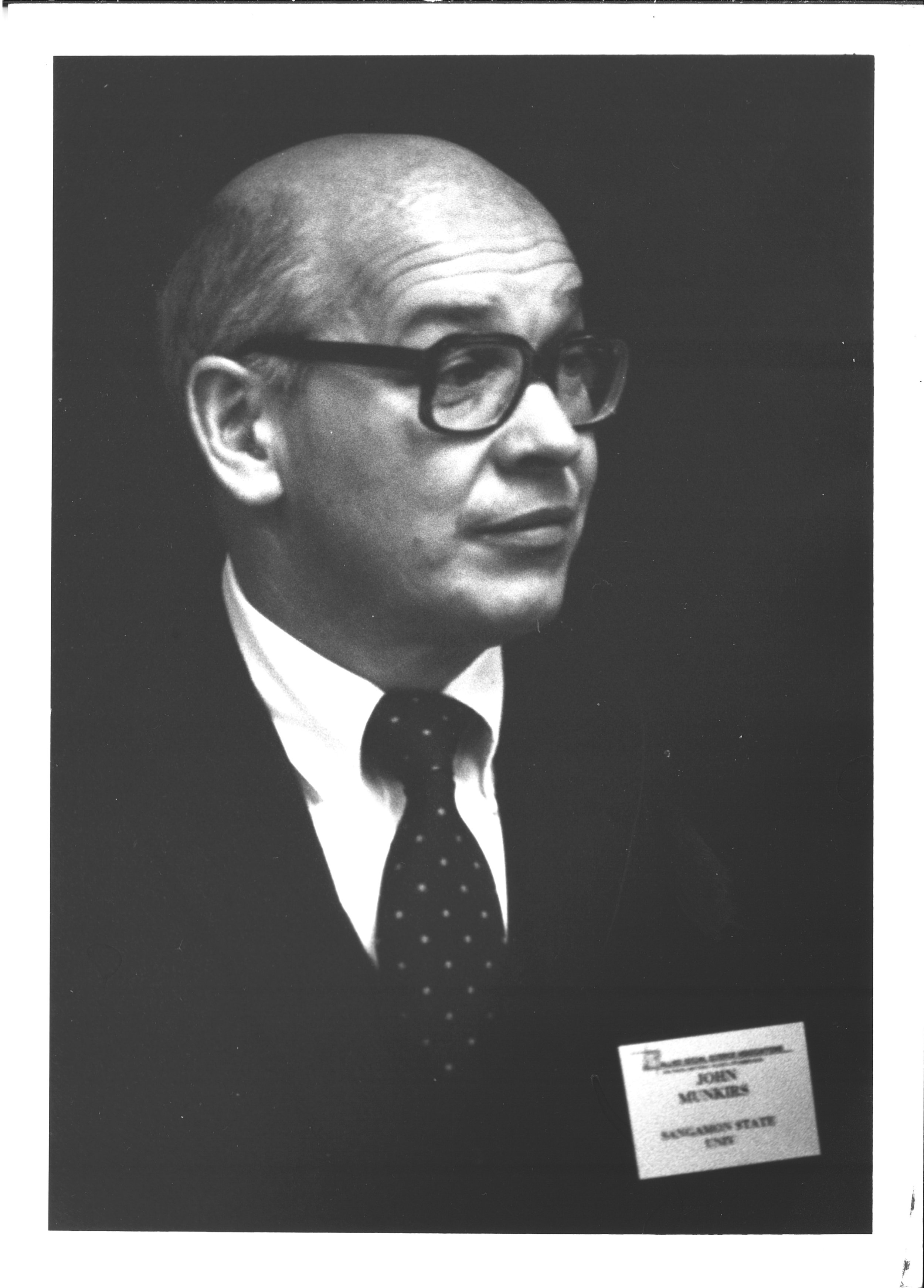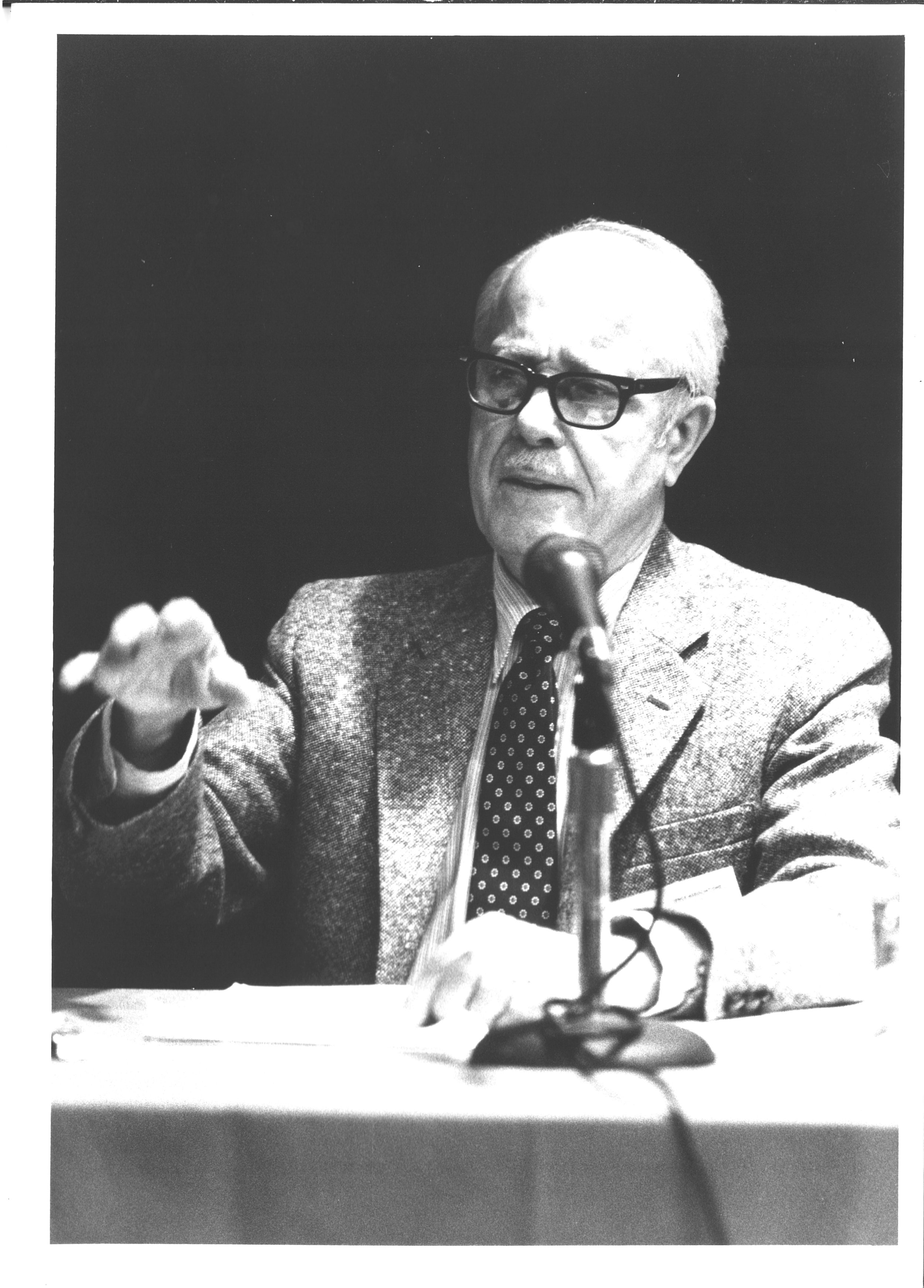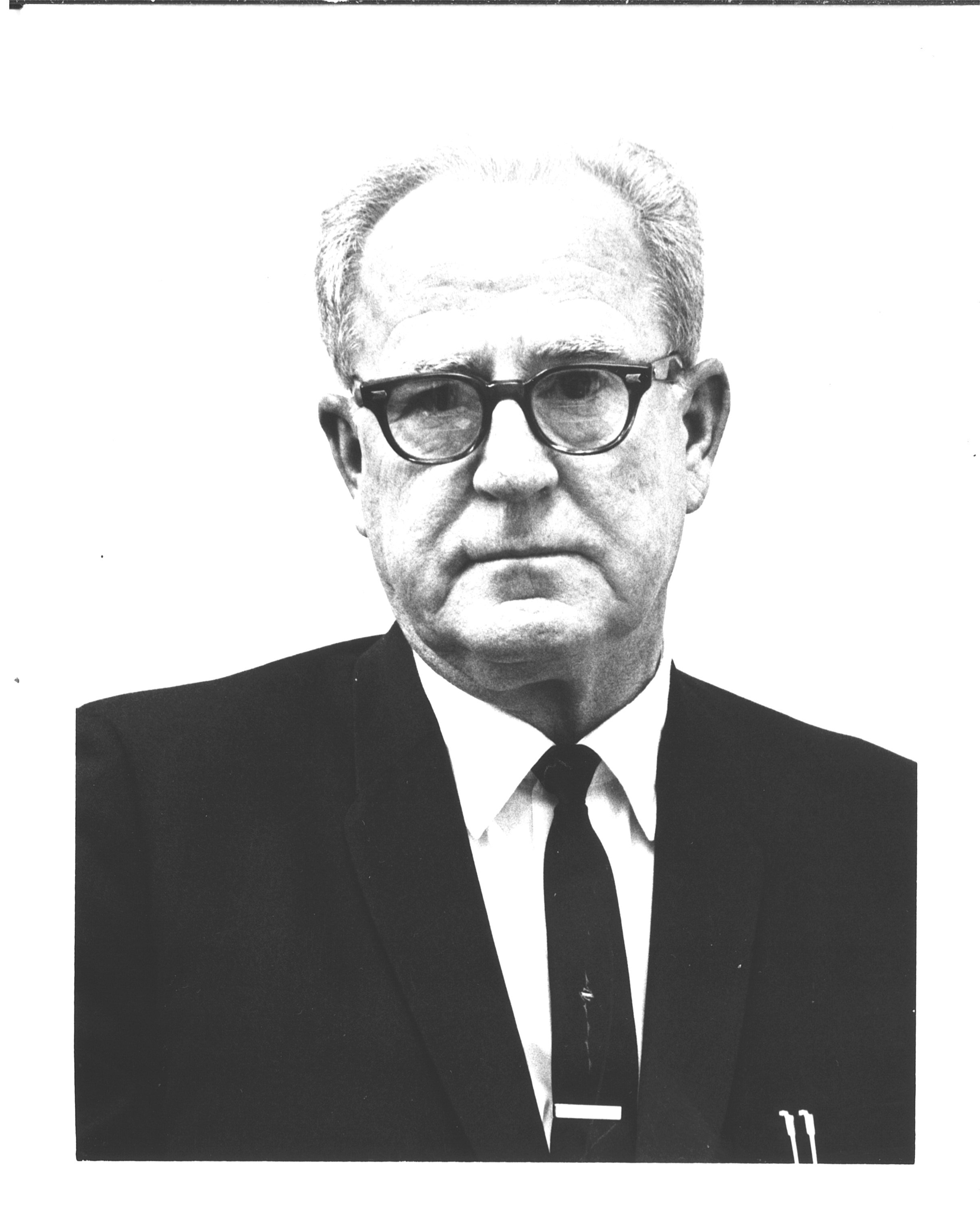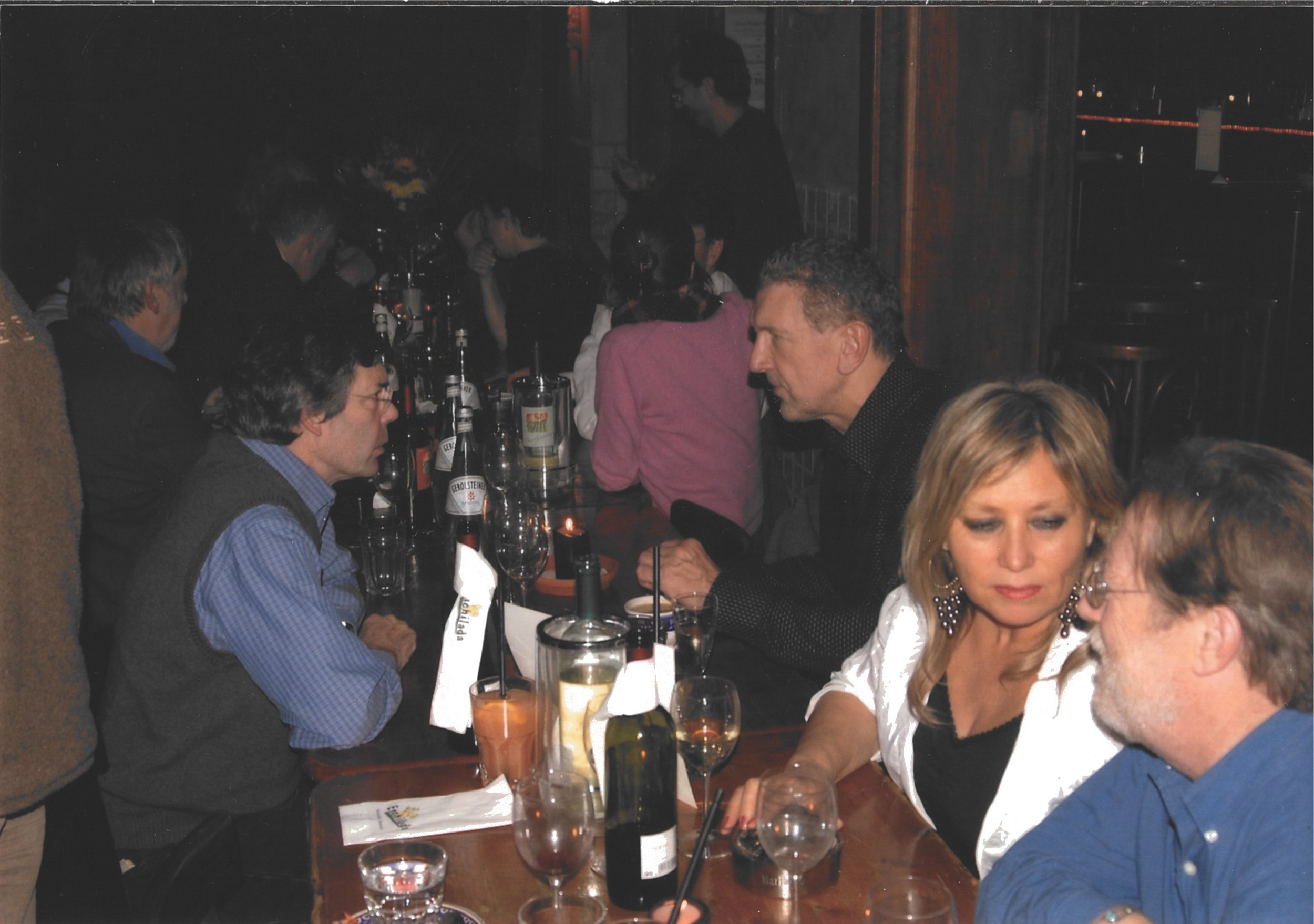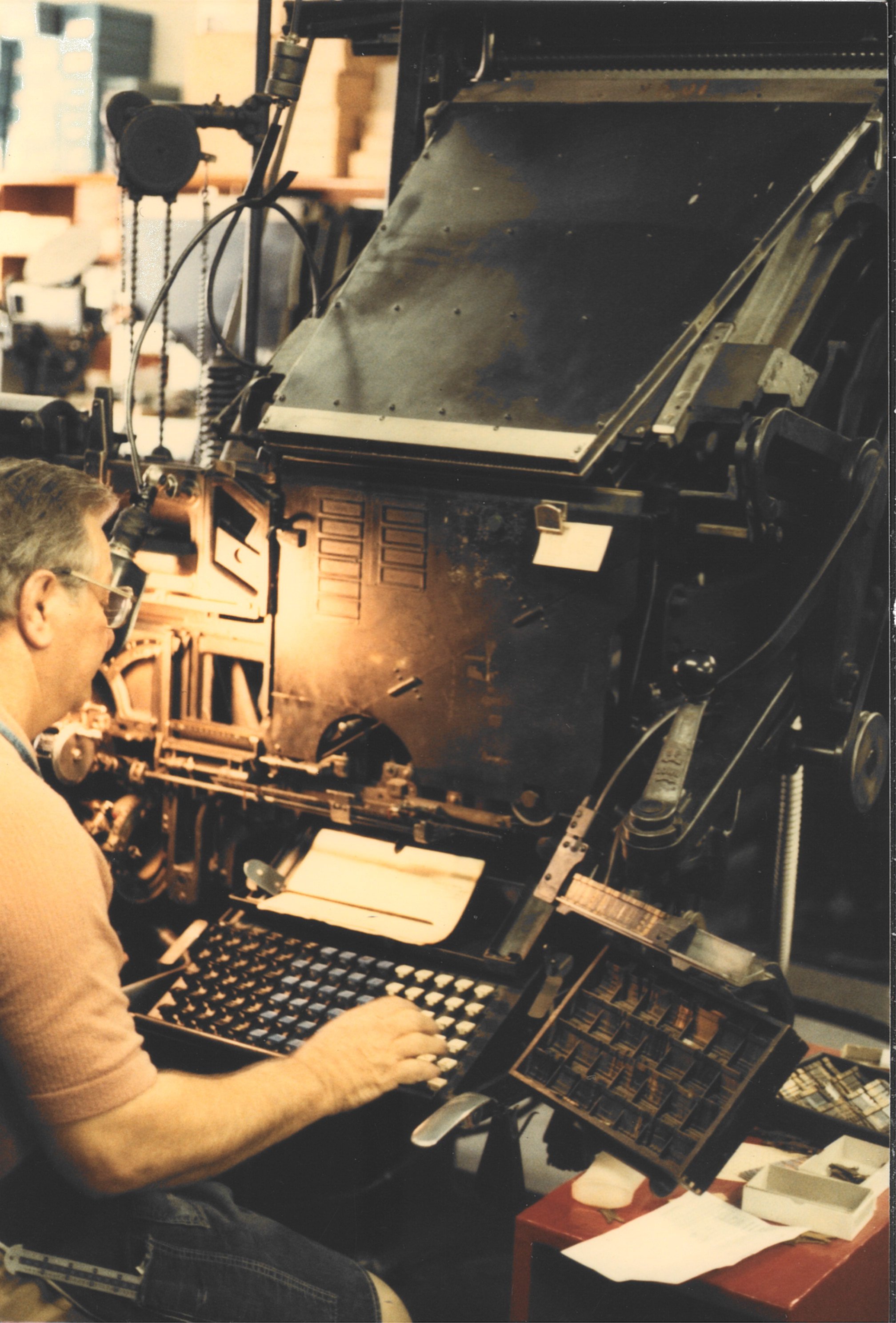History of AFIT
The Association for Institutional Thought (AFIT) is an organization devoted to encouraging and fostering the development of institutional thought in extension and modification of the contributions of Thorstein Veblen, John Dewey, Clarence Ayres, John Commons, Wesley Mitchell and others. They offer their ideas and the ideas of other Institutionalists as a basis for inquiry into the interrelationships of society. AFIT was officially organized on April 27, 1979 at the 21st annual conference of the Western Social Science Association held at Incline Village, Lake Tahoe, Nevada.
The events that led up to the founding of AFIT along with the list and photos of participants at the founding meeting, and a list of the charter members of AFIT are found here:
The History of the Association for Institutional Thought by James Sturgeon
List of Participants at the Founding Meeting of AFIT
The Founding of AFIT Photos
List of Charter Members of AFIT
Association for Institutional Thought – Activities 1980-18
AFIT Report to AFEE
The membership of AFIT grew quickly over the next few years as evident in the 1980 and 1983 membership lists:
Association for Institutional Thought Membership List – 4/18/80
Association for Institutional Thought Membership List – 1983
Among the important founding members of AFIT were J. Fagg Foster and W. Nelson Peach. They were part of those firebrand Texan Institutionalists who so much upset Texas lawmakers. In the late 1930s members of the Texas legislature tried to fire Robert Montgomery from the University of Texas for advocating socialism, that is public ownership or at least rate regulation of public utilities; while Texas businessmen wanted the University to fire Montgomery, Clarence Ayres, Edward Hale, and Clarence Wiley because they did not like what they were teaching. In 1942, Fagg Foster, Wendell Gordon, and Nelson Peach, junior members of the University of Texas economics department, were dismissed or explicitly denied rehiring at the end of their one-year contract by the Board of Regents for negative comments made about a public meeting in which the Wage and Hour Law of 1938 was attacked. Their stories of their parts in this event are found here:
North Texas State University Oral History Collection: Interview with J. Fagg Foster, August 1967.
North Texas State University Oral History Collection: Interview with W. N. Peach, June 1966.
One of the early and most interesting activities of AFIT was the production of The Review of Institutional Thought. It came out three times—see below (photos courtesy of Jim Sturgeon).
The Review of Institutional Thought, Vol. 1, 1981
The Review of Institutional Thought, Vol. 2, 1982
The Review of Institutional Thought, Vol. 3, 1986
Tenets of Institutionalism
Inquiry is addressed to the institutional process of providing the material means of life and to significant problems of institutional malfunction.
Economics is a policy science; economic inquiry is significant only to the extent that it is relevant to problem solving through institutional reform.
The method of inquiry is evolutionary; the object of inquiry is the social process; the search is for factual explanations and causal understandings.
Social value judgments are a part of inquiry and must themselves be objects of analysis; the normative-positive dichotomy is rejected.
All political economies evolve and are embedded in social and cultural processes; individuals are both products and creators of these processes.
Institutions correlate and coordinate economic behavior in progressive and regressive ways; problems are resolved with progressive changes in structure.
The growth of warranted knowledge and its application as technology are prime movers in social change; they are both sources and means of resolving problems through institutional adjustment.
The biotic and social communities are co-evolutionary and interdependent; sustainability of either is dependent on the other.
Any political economy is a system of power; the locus, use, and democratic accountability of achieved power remain priorities in analysis and policy.
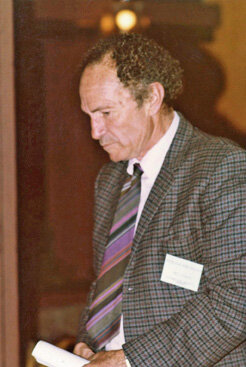
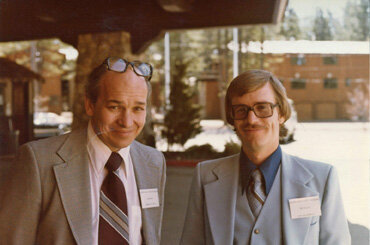
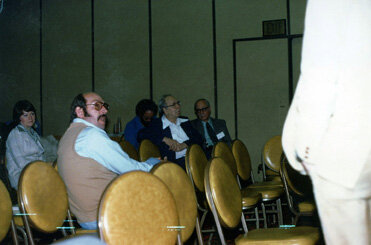
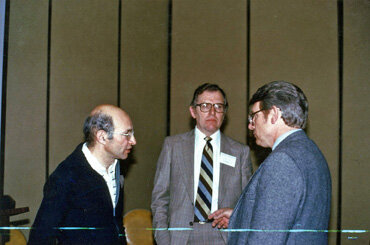
Additional Photos
Courtesy of James Sturgeon, the following slideshow displays photos of AFIT members and fellow travelers, captioned to the best of our ability.
